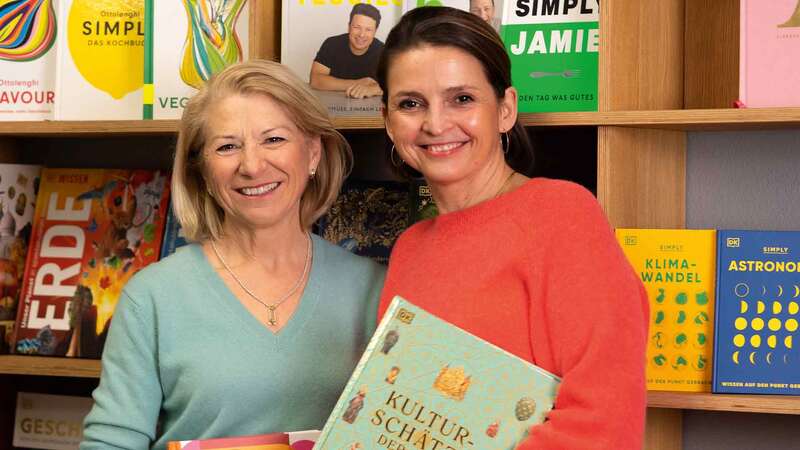You are viewing your 1 free article this month. Login to read more articles.
Trade should not assume pandemic success will continue, LBF hears
Booksellers and publishers should not assume that the growth in the book industry seen throughout the pandemic will continue, the London Book Fair has heard.
David Hetherington, vice-president of global business development for Books International, a leading provider of international manufacturing and distribution services to publishers, cautioned against what he called "irrational exuberance" in a discussion on mitigating risk in the book and content supply chain as part of London Book Fair’s online offering on 1st July.
He told delegates: "There's quite a bit of publicity about what a great year the publishing industry has had and there's no question that the numbers for many organisations were extraordinarily high and extraordinarily positive. But the question that I think we all have to get to grips with is 'what does the future look like?'. I think it's essential that we try to avoid what we call in America 'irrational exuberance' about the road ahead. I think there's a serious question about what is going to happen in the book publishing market when people have other things to do with their money: travel is surging and there is a great deal of pent up capital waiting to be spent. I think it's probably not going to be spent on books."
He said the move to distance education may have a "profound effect" on the textbook market, especially as there has been a growing interest in open education resources, which are royalty free and produced by subject matter experts, but not through the normal publishing chain.
Looking to the future of distribution, he said there was "no question" that e-commerce has been established as the "dominant distribution channel". He said: "This is not to say that bricks and mortar is over as we know it but I think we should expect a different marketplace in the years ahead." He also cited the recent acquisition of Paper Source by Barnes & Noble's owner as a sign that bookstores will be spending less time, effort and space on traditional books.
Hetherington also highlighted how the changes brought about by the pandemic had led to publishers focusing on establishing their own direct to consumer channels, but expressed concerns about the supply chain being equipped to handle this. Looking towards manufacturing, he noted that paper prices are up and availability down in the US, leading to much tighter supply, while many mills are refocusing on more profitable lines such as corrugated and packaging materials owing to the surge in e-commerce.
Hetherington argued that publishers and booksellers "must pay attention" to sustainability and the green supply chain "not only because it's good for business, but also consumers are making decisions about the products they will buy based on a company's sustainability profile". He added: "If your organisation is not actively supporting sustainability, the green supply chain, you're increasing your cost, and you're reducing the prospect of your product being sold." Issues with freight availability and skyrocketing costs caused by the pandemic and Brexit were also described as "a nightmare situation".
David Marlin, co-founder of MetaComet Systems, said the "silver lining" of the pandemic was that publishers had focused on efficiencies to take stress and risk out of back-office operations such as royalty management. He said "the best way to address back-office risks, whether it's royalties or other accounting functions, is to have reliable, efficient automation systems in place for that".


















